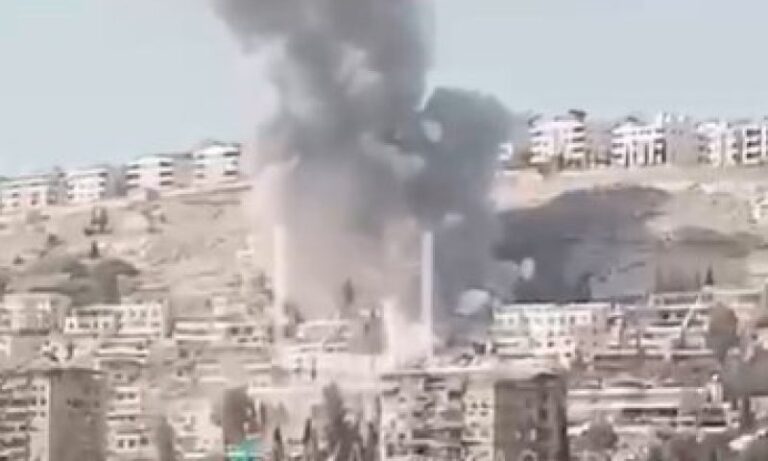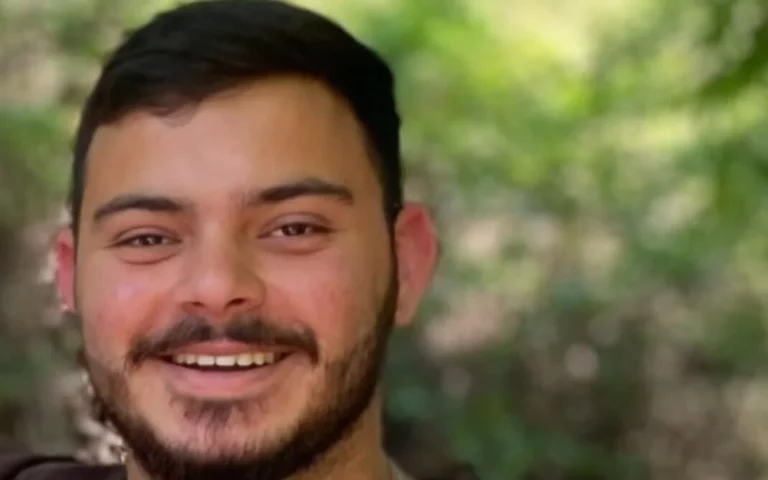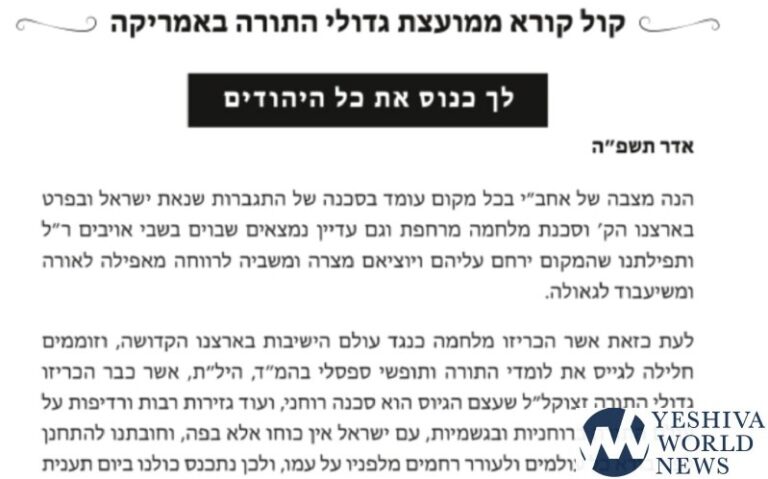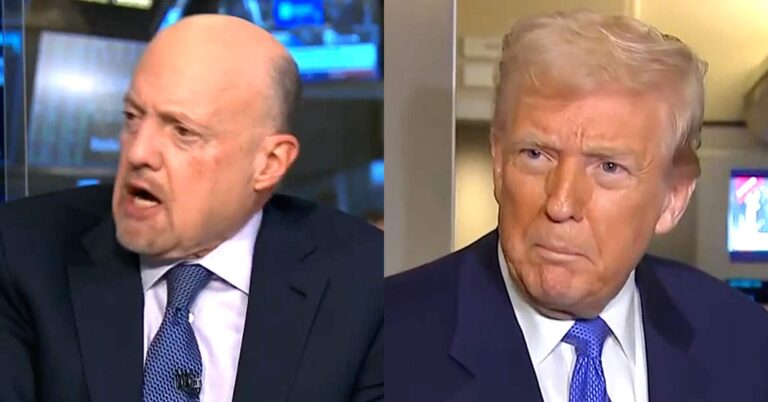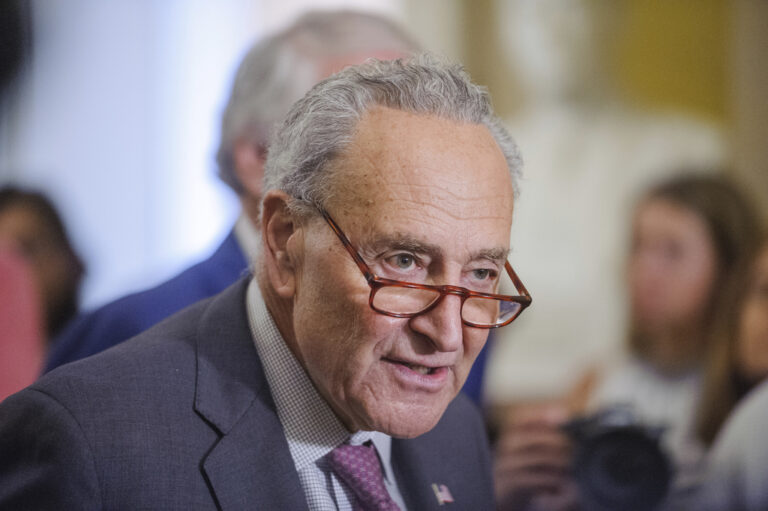 President Barack Obama on Friday issued a stern warning to Congress that any legislation threatening additional sanctions against Iran could derail talks to end its nuclear program peacefully, while British Prime Minister David Cameron worked the phones to try to convince senators to back off.
President Barack Obama on Friday issued a stern warning to Congress that any legislation threatening additional sanctions against Iran could derail talks to end its nuclear program peacefully, while British Prime Minister David Cameron worked the phones to try to convince senators to back off.
Obama set low expectations for a deal with Tehran to stop its nuclear ambitions — “less than 50-50,” the president said at a press conference with Cameron — but he warned that legislation being considered on Capitol Hill to impose sanctions if they do not succeed could lead them to fail.
“The likelihood of the entire negotiations collapsing is very high,” Obama said, making an impassioned argument against the idea. He said that could lead to a “military showdown.”
“Congress should be aware that if this diplomatic solution fails, then the risks and likelihood that this ends up being at some point a military confrontation is heightened, and Congress will have to own that as well,” Obama said.
He later toned down the war rhetoric, saying, “I am not, repeat, not suggesting that we are in immediate war footing should negotiations with Iran fail.” But he said if diplomatic efforts collapse, he will have to look at other options to fulfil his commitment not to let Iran obtain a nuclear weapon.
Cameron, a partner in the talks with Washington and Tehran, said sanctions already imposed by the U.S. and the European Union increased pressure on Iran that led to the table. He said he was calling senators while on a two-day trip to Washington to express that “it’s the opinion of the United Kingdom that further sanctions or further threat of sanctions at this point won’t actually help to bring the talks to a successful conclusion, and they could fracture the international unity that there’s been which has been so valuable in presenting a united front to Iran.”
Obama said he made a similar argument while meeting with Democratic senators at a private retreat Thursday in Baltimore, warning that he would veto the Iran sanctions legislation. The president also had a tense exchange with Sen. Bob Menendez, D-N.J., a leading supporter of sanctions who is working closely with Republican Sen. Mark Kirk of Illinois on new penalties, according to a person who attended the meeting. “Congress needs to show patience,” Obama said at the White House news conference.
“The question I had for members of Congress, including those folks in my own party is: Why is it that we would have to take actions that might jeopardize the possibility of getting a deal over the next 60 to 90 days? What is it precisely that is going to be accomplished?” Obama said. He said Iran came to the table under the assurance that there would be no new sanctions, and he said that even the threat of more sanctions could lead Iran to go back to building its program.
“There is no good argument for us to try to undercut, undermine the negotiations until they’ve played themselves out,” Obama said. He said if the talks fall apart, “I will be the first one to come to Congress and say we need to tighten the screws.”
Also Friday, U.S. Secretary of State John Kerry met for nearly an hour with his Iranian counterpart in Paris in what was their second face-to-face encounter this week.
The meeting with Iranian Foreign Minister Mohammed Javad Zarif took place at Kerry’s hotel in the French capital before he returned to Washington. The pair spent six hours together in Geneva on Wednesday on the eve of a new round of nuclear negotiations among Iran, the five permanent members of the UN Security Council and Germany.
The Paris meeting came as the negotiators in Geneva grappled to reach a framework accord that would address international concerns about Iran’s nuclear program by a March target date.
The Iranian foreign ministry also said Kerry and Zarif discussed the case of a Washington Post reporter who has been indicted and will stand trial in Iran.
Ministry spokeswoman Marzieh Afkham was quoted Friday by the official IRNA news agency as saying Kerry raised the issue with Zarif on the sidelines of the nuclear talks in Geneva this week. There was no immediate confirmation from the State Department.
Kerry was in Paris to show U.S. solidarity with France following last week’s terrorist attacks, and Zarif was in the city primarily to see French Foreign Minister Laurent Fabius.
France has taken a tough public line on the negotiations, and French President Francois Hollande reiterated that point on Friday in a speech to 200 foreign diplomats.
“France wants a final agreement but not in any conditions,” he said. “With a clear approach: Yes to access of Iran to civil nuclear energy, no to its access to nuclear weapon. We won’t compromise on that principle.”
(AP)

